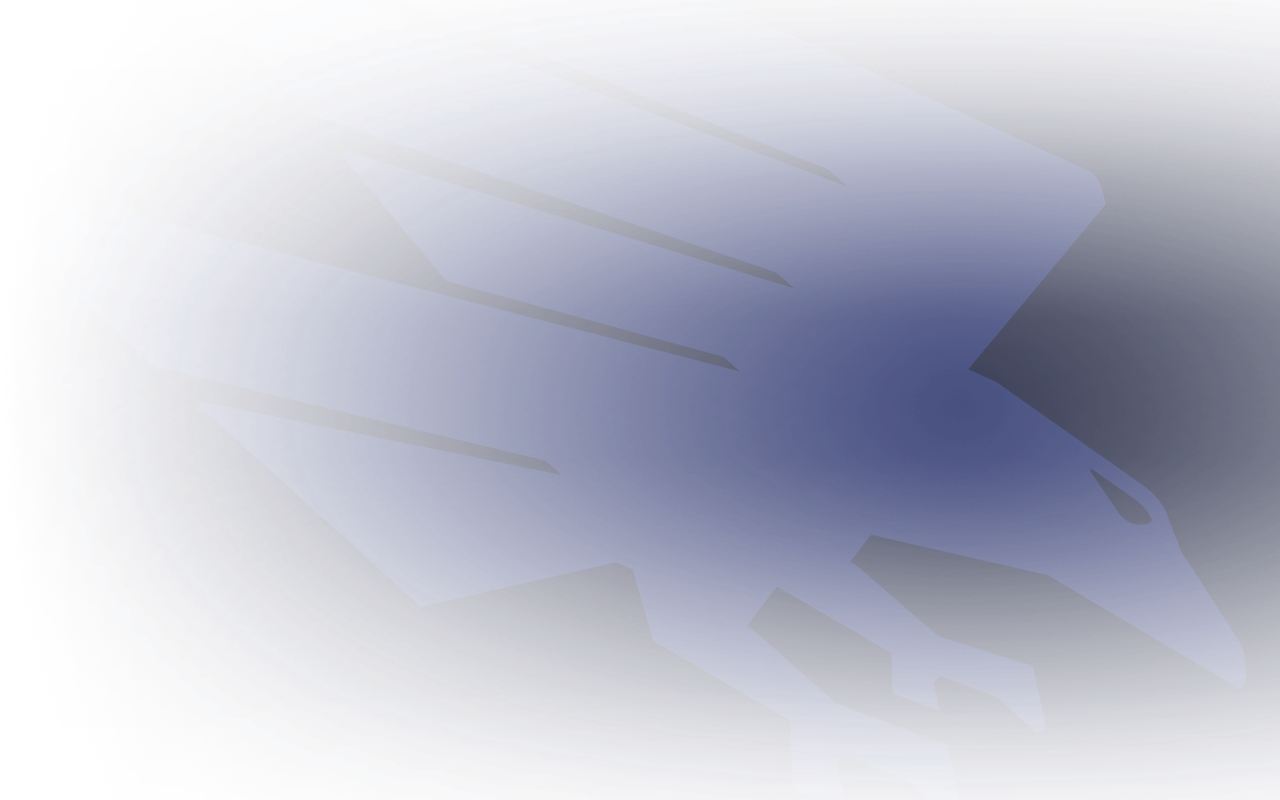The Adelaide Crows Foundation has used its STEM expertise to help open new doors for 35 young Indigenous women who, last week, graduated from the Kuwa Circles program in a special ceremony at Government House.
Over four intensive weeks 25 female students from the Tjindu Foundation took part in the program, which delivers a specialist sports and cultural curriculum designed to encourage a greater understanding of Science, Technology, Engineering and Maths (STEM) principles.
The students were part of a range of classroom and practical workshops – such as the aerodynamics of boomerangs and a challenge involving drones – all aligned with the Australian Curriculum.
They were supported by 10 Senior First Nation Mentors, who were employed by the Adelaide Crows Foundation throughout the duration, with the entire group also connected with leading employment experts to help realise their career vision.
Three of the Senior Mentors who took part in the program have already gained ongoing employment, training or education in their desired industry.
Senior Mentor Leah Fletcher has won a part-time mentoring position at SEDA College for 2023.
“Out of this program I have actually got another job, which is wonderful for me,” she said.
“When I saw the position (with Kuwa Circles) come up, I thought it was a perfect fit. I thought it was a really good opportunity to work with Aboriginal students, particularly female students.
“Connecting with the young girls, personally to me, has been the best part. They’re our future and I want to see more Aboriginal people in positions of power or positions in STEM, because I know we’re underrepresented in these areas.”
Kuwa (the Kaurna word for Crow) Circles is a collaboration between the Adelaide Crows Foundation, the Stronger Smarter Institute, IPA Recruitment Agency, Tjindu Foundation and Tauondi Aboriginal Community College, with each of the partners bringing a unique skill or contribution to build a comprehensive program which engages participants in STEM-related career pathway development.
Aboriginal and Torres Strait Islander people are under-represented in STEM, particularly at the university level, where 0.5% of the Aboriginal and Torres Strait Islander population has a STEM qualification, compared to 5% of the non-Indigenous population.
Nartiea Morgan, who was part of the program as a Senior Mentor, is now enrolled to start university next year to study teaching in STEM subjects.
“I’ve really connected with this program,” she said
“Kuwa Circles has been eye opening, everyone in the group has grown from what we’ve learnt about STEM and from each other. The hands-on experiences have been really good.”
Another Senior Mentor, Rikiesha Miller, said it was rewarding to see how far everyone had come in the short program.
“I’ve found it really interesting; I’ve learnt a lot about STEM and how STEM connects to our culture as well in many ways, and just how broad it is,” she said.
“The boomerang session with Jack Buckskin was interesting, learning about the dynamics and all of the math that goes into creating and flying a boomerang, that was pretty cool.
“I’ve found myself becoming more confident and engaging in conversations surrounding STEM so that’s been a big accomplishment for me.”
Adelaide Crows Foundation Community Programs Manager Katie Bell said the program is unique in that it links Indigenous culture and STEM through applications such as the making and throwing of boomerangs.
“We have used our experience with our successful STEMFooty program and, working with the other program partners, created a meaningful pathway for these young women,” she said.
“At the core, it’s been about helping these women gain the skills and confidence to consider opportunities they haven’t previously.
“We’re extremely proud of what’s been achieved by the group and given the successful outcomes we are already seeing with the first graduates, it’s a program we hope to grow in the years to come.”
Kuwa Circles is one of four South Australian projects being funded through the National Careers Institute to improve women’s economic security through employment opportunities.
The Adelaide Football Club is committed to being an active participant in Australia’s reconciliation journey by building meaningful relationships with Aboriginal and Torres Strait Islander people, communities and organisations.



